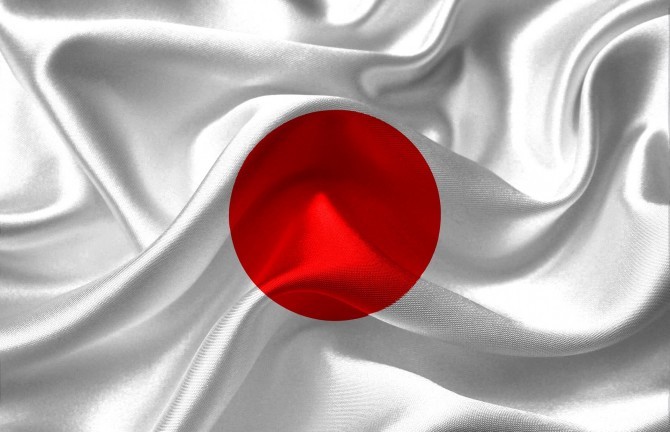The Japanese government is following the example of other countries and looks to deploy proper regulations for Bitcoin exchanges within the country. All Bitcoin exchanges in Japan will go under surveillance from October.
The surveillance will be done by a team of 30 individuals from the Financial Services Agency, Japan’s regulatory body. These individuals will closely assess if the Bitcoin exchanges in the country have proper measures in place to protect customer assets, whether they keep customer assets separately from company assets, and whether these exchanges have proper mitigation policies and strategies in place in the event of cyber-attacks. All systems will be assessed, and if required, this FSA team will also conduct on-site inspections. All Japanese exchanges are required to register themselves with the FSA by October.
Leading by example?
The news comes after Japan became the leader in global Bitcoin trade. It surpassed China, which first banned ICOs and then ordered all Bitcoin exchanges in China to shut. China also looks to block Bitcoin trading from China altogether. After the Chinese bitcoin decision, traders had flocked to South Korean and Japanese exchanges. This inflow pushed Japan to the top of the ladder. However, with larger trading in the country, Japanese officials are wary.
The was a need for better regulations for Bitcoin exchanges in Japan even before China made its decision and allowed Japan to become the leading name. So far, in 2017 alone, Japanese Bitcoin exchanges have reported $700,000 worth of cryptocurrency fraud. The situation was far from ideal before 2017, with Mt. Gox shutting shop because of hackers stole 650,000 bitcoins from accounts of their customers. It is a combination of the history of cryptocurrency fraud in Japan and the current growth in Bitcoin trading that has led to the FSA making this decision.
As for the cryptocurrency, such a move is not as unpleasant and unwelcome as it might seem on first glance. People think that regulators overseeing everything will limit the cryptocurrency, but China’s decision and its meager effect on bitcoin show that cryptocurrencies will survive no matter what the countries and their regulators do. However, if the security aspect is considered, then some sort of protection for customers and investors is definitely required.
ICOs are a great way to raise funds, and they have a lot of advantages. However, many have misused this process that attracts people stronger than honey attracts bees. Many cases of ICO fraud have been reported worldwide. Regulators everywhere recognize this problem, and everyone is busy coming up with policies to protect their domestic traders from falling victim.
Apart from the security, this surveillance will also make bitcoin less volatile. Traders and investors always point out that Bitcoin and other such cryptocurrencies always pick themselves up when they fall, but even they know that it’s better to see a little steady graph than that of a sinusoidal wave.

